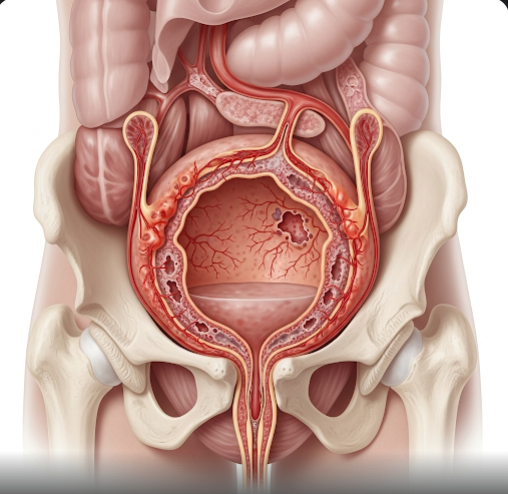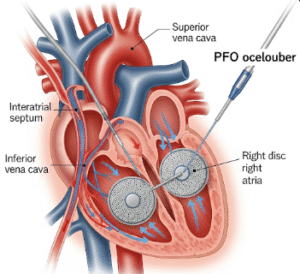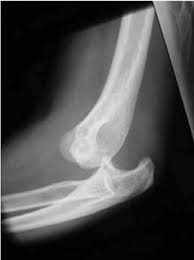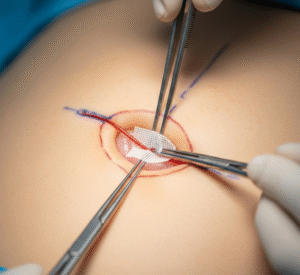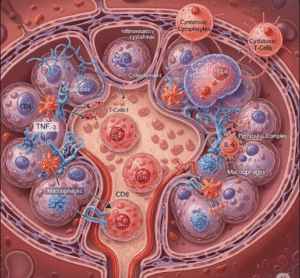Overview
Radiation cystitis is an inflammation of the bladder lining caused by radiation therapy, most often given for pelvic cancers such as prostate, cervical, bladder, or rectal cancer. While radiation effectively targets cancer cells, it can also damage healthy tissues in the bladder, leading to symptoms ranging from mild discomfort to severe bleeding and urinary problems. In Korea, advanced cancer treatment centers offer both effective radiation therapies and specialized care to manage and treat radiation cystitis, ensuring minimal disruption to a patient’s quality of life.
What is Radiation Cystitis?
Radiation cystitis occurs when the bladder’s mucosal lining becomes inflamed due to exposure to radiation beams during cancer treatment. It can present in two forms:
- Acute radiation cystitis – develops during or shortly after radiation therapy and is usually temporary.
- Chronic radiation cystitis – may appear months or years later and can be persistent, sometimes causing significant bladder damage.
Symptoms
Common signs and symptoms of radiation cystitis include:
- Frequent urination (urgency)
- Pain or burning during urination (dysuria)
- Blood in the urine (hematuria) – ranging from microscopic to visible clots
- Lower abdominal or pelvic pain
- Increased nighttime urination (nocturia)
- Urinary incontinence or leakage
Causes
The primary cause is damage to bladder tissue and blood vessels from pelvic radiation therapy. This damage can lead to:
- Loss of bladder lining protection
- Reduced blood flow and tissue repair ability
- Chronic inflammation and scarring
Risk Factors
Factors that may increase the likelihood of developing radiation cystitis include:
- Higher radiation doses to the pelvic area
- Previous bladder surgery
- Concurrent chemotherapy
- Older age
- Pre-existing bladder disease or infection
- Diabetes or vascular disease (reduces healing capacity)
Complications
If untreated, radiation cystitis can lead to:
- Severe and persistent bleeding (hemorrhagic cystitis)
- Bladder shrinkage and reduced capacity
- Recurrent urinary tract infections
- Kidney damage due to backflow of urine
- Chronic pelvic pain
Prevention
While radiation cystitis cannot always be avoided, the risk can be minimized by:
- Using advanced radiation techniques such as Intensity-Modulated Radiation Therapy (IMRT) in Korea
- Maintaining good hydration during and after treatment
- Regular bladder check-ups during therapy
- Treating any urinary infections promptly
- Using protective agents (e.g., sodium hyaluronate instillation) in high-risk patients
Treatment Options in Korea
Diagnosis
Korean urologists use advanced tools such as cystoscopy, urine cytology, CT scans, and bladder biopsies to confirm radiation cystitis and rule out cancer recurrence.
Medical Treatments
- Anti-inflammatory medications
- Bladder instillation therapy with hyaluronic acid or chondroitin sulfate
- Pain management and antispasmodic drugs
- Hyperbaric oxygen therapy to promote bladder tissue healing
Surgical or Advanced Therapies
- Endoscopic cauterization for bleeding vessels
- Laser coagulation therapy
- Bladder reconstruction in severe cases
Rehabilitation and Support
- Pelvic floor physiotherapy for urinary control
- Nutritional guidance to avoid bladder irritants
- Ongoing follow-up to monitor bladder health

